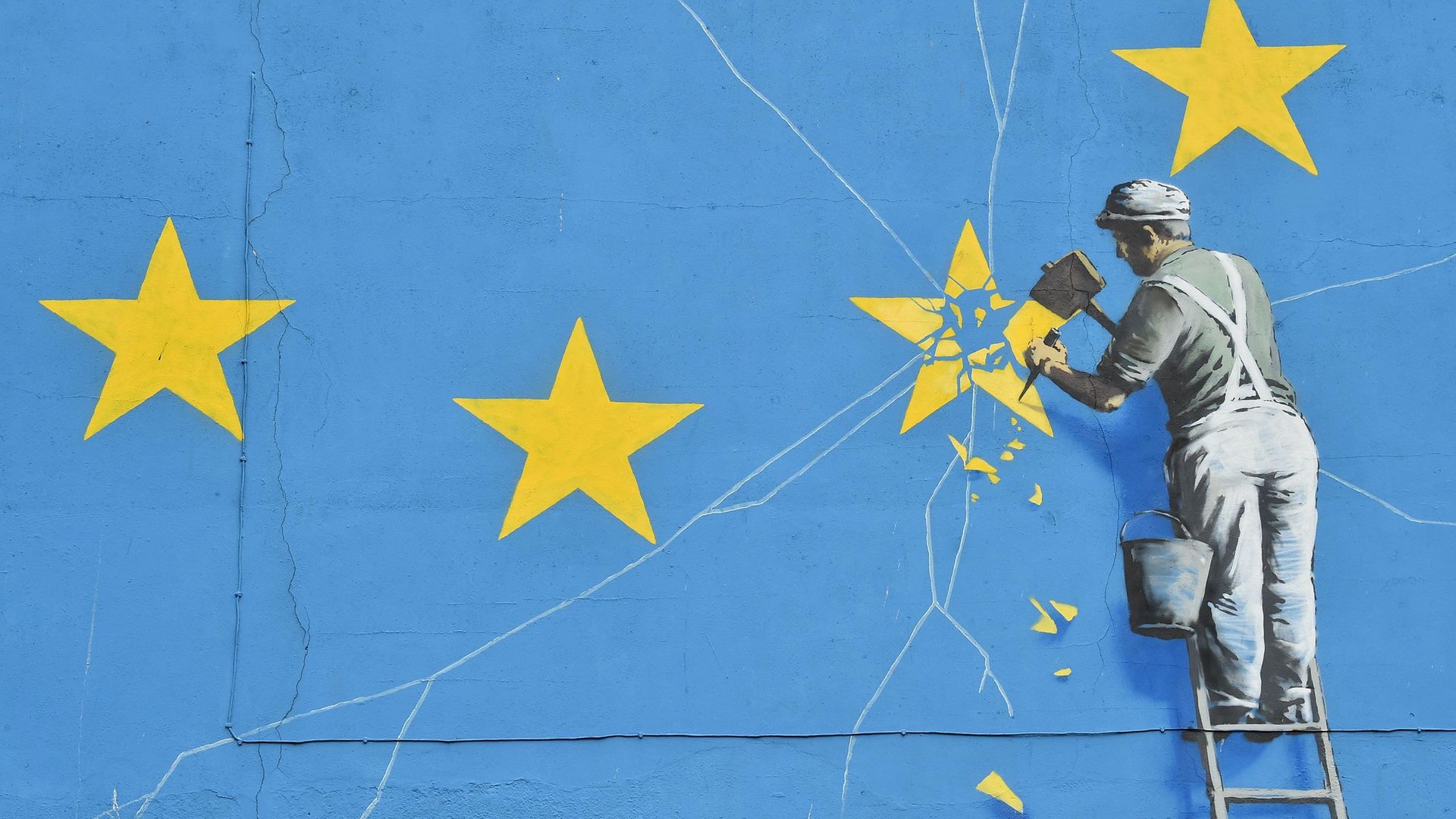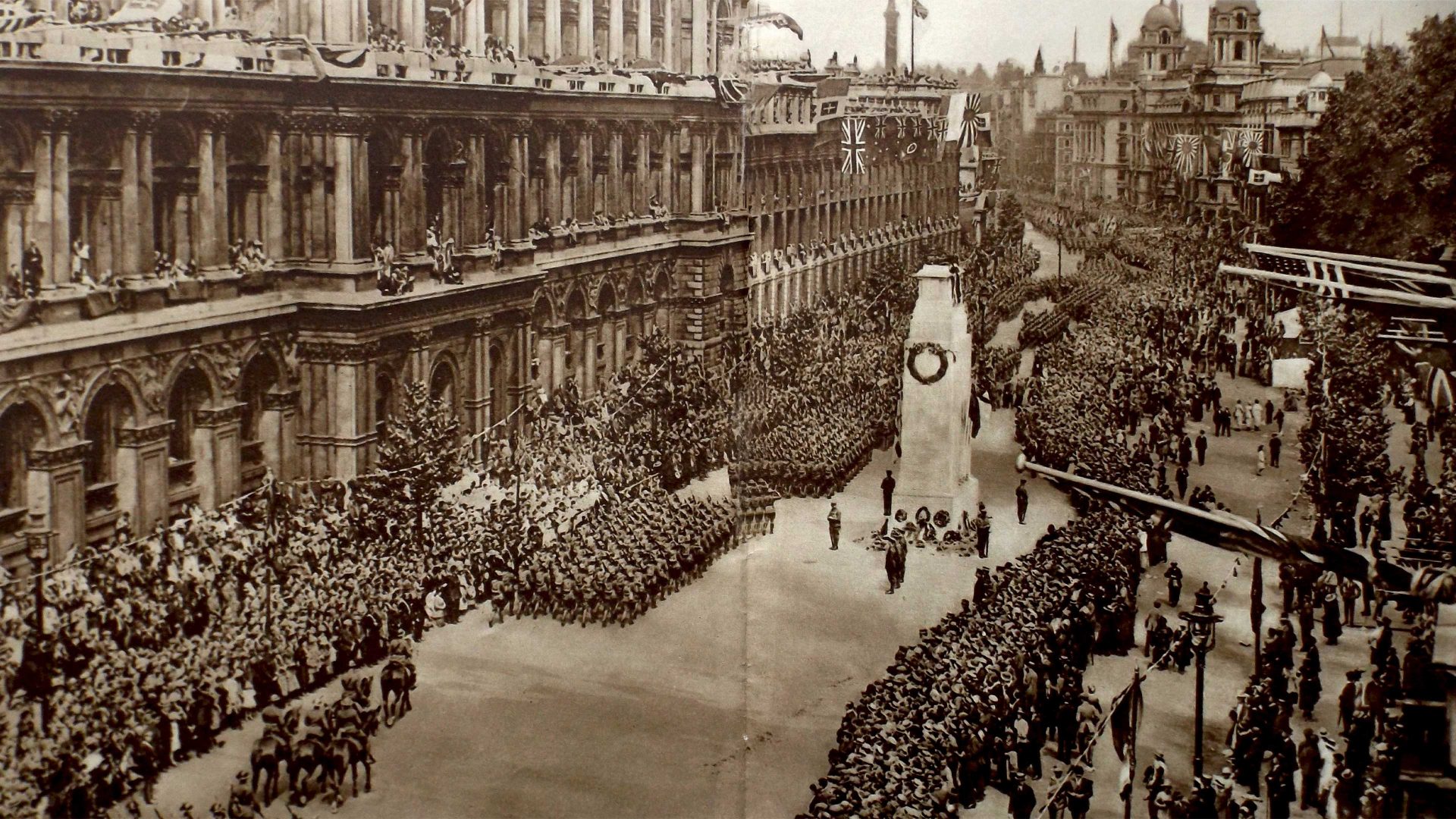I nearly spluttered into my cornflakes when I heard mention of your excellent Car Crash edition (TNE #315) by Amol Rajan on Radio 4’s Today programme review of the newspapers last week. It might have been just a mention of the front cover picture and headline, but at least the existence of TNE was acknowledged – a very low bar to clear, I know, but not to be sniffed at!
Sadly, later in the week, Mishal Hussain seemed determined to push the pro-Brexit line while interviewing the former Bank of England governor Mark Carney, quoting claims that he was wrong in highlighting how the continuing devalued level of sterling since the EU referendum was impoverishing the UK. When will Today (and other media) hold the Brexiteer liars to account in the same way as they do with sensible people such as Carney?
Patrick Minford and the libertarian think tanks of Tufton Street were indulged in the media for their opinions and advice during Liz Truss’s brief rise, especially on the Today programme, but since the implosion of Brexitonomics (the true name of Trussonomics), these people are not called back to explain why what they were recently advocating has so spectacularly failed.
Why is Nigel Farage not called to face the audience of Question Time (he was never off the programme when Brexit fever was being whipped up) now the true reality of his lies are becoming more apparent? The obvious failure of hard Brexit must be continually called out. Surely some even-handedness on this highly divisive subject is the very least we should expect the BBC to provide.
James Croft
Bridgnorth, Shropshire
We are only just recovering from a bout of ideologically driven mayhem imposed on the British economy by Truss and her chancellor. The parallel is striking between that episode and the ongoing traumatic effects that Brexit is having, so clearly described by Jonty Bloom (“The spanner in our works”, TNE #315). Taking the country out of Europe, and the manner in which it was accomplished, was, like Trussonomics, a policy dreamed up by the right wing extreme of the Tory Party, with most economists predicting the harmful effects that would accrue from it.
The effect of the Truss agenda became apparent after a very short time, meaning that the instigators could be quickly dispatched from office. Unfortunately, the harmful effects of leaving the EU have been slower to be recognised, and there have always been the effects of the pandemic and the “global situation” for believers of the policy to offer as an explanation for the emerging negative economic observations.
To a retired doctor, this is reminiscent of a tumour, slowly growing deep within the body. As a result of a long period of patient denial, by the time the correct diagnosis of “Brexitosis” is accepted and curative remedies imposed, the patient will be in a dangerously weakened condition, probably all but terminal. Most certainly, a wide extirpation of the cancerous growth followed by active rehabilitation will be required.
Do we have any practitioners within this government who can carry this out with both wisdom and brutal honesty?
Robert Behrman MD FRCP
Winter Hill, Berks
Who is going to be brave enough to tell the truth: stay outside the EU, outside the single market and customs union and become increasingly poor, or get back in and regain relative prosperity?
Until a real political leader has the courage to do that, we will sink further into the mire. Time to level with the great British public.
Phil Green
Re: Peter Mandelson’s “The prime minister’s choice” (TNE #315).
What few Brexit opportunities existed at the beginning of 2020 have disappeared in the pandemic and war in Ukraine. Boris Johnson’s clear road ahead became muddied in discarded face masks and destroyed Russian tanks.
Recessions inevitably lead countries and economic blocs to look inwards for recovery. The UK has nothing to offer. We don’t produce anything that no one else does or can get hold of more easily and cheaply, and our “manufacturing” industry is mainly a series of foreign-owned assembly lines.
At the rate we’re going, the UK could possibly pick up some scraps of inward investment when the rest of the world’s economies return to a more stable footing. That would probably take us beyond the date of the next election.
Meanwhile, we will spend the next two years stuck in a doom cycle of recession, cutbacks, tax rises and higher unemployment. I doubt there is a marketing team willing to take on the task of selling that to the electorate as a Tory success come 2024.
Neill Wood
Via Facebook
United nation
Gail Walker’s “Where every day is Groundhog Day”, TNE #315, rightly points out the significant degree to which pragmatic, real-world concerns may affect attitudes to a united Ireland. This was clearly apparent during the economic slump in the Republic, when northern support for UI was decidedly lukewarm (Sinn Féin recognised this and realigned its electoral approach accordingly).
However, the article suggests that the 20% of NI citizens who class themselves not as British or Irish but “Northern Irish Only” will put “wellbeing and stability” first, and appears to suggest this as a potential factor in reduction of support for a united Ireland. This conclusion is directly at odds with the pertinent fact that, protocol or no protocol, in pragmatic terms unionism has now nothing to offer other than a tether to the UK’s Tory-led plunge into recession and increasing isolation, which promises neither wellbeing nor stability.
Surely this prospect can only increase support for union with the south, if only as a route back to the EU and some semblance of responsible economic governance.
Denis Jackson
Bournemouth, Dorset
As an Irish-speaker, I was delighted to read Clár Ní Chonghaile’s excellent article on the current revival of the Irish language (“Talking about a revolution”, TNE #315). Ní Chonghaile’s comments about DUP politicians mocking the Irish language reminded me of one of my heroes – Canon James Goodman (1826-96), a native Irish speaker, traditional Irish piper, unionist and Protestant clergyman who divided his time between his parish in Skibbereen, County Cork, and Trinity College Dublin, where he was professor of Irish.
Alongside his ecclesiastical and academic duties (which included translating hymns, psalms, and St Luke’s gospel into Irish), Goodman collected in manuscript form over 2,000 traditional Irish melodies from local and travelling musicians and singers; many of these tunes would otherwise have been lost.
Writing about his own life, Goodman said “ná ceol ba bhinne am chluais ná ceol sármhilis na hÉirionn” (“nor any music in my ears sweeter than the unsurpassed sweet music of Ireland”). Both unionists and nationalists would do well to look to Canon James Goodman to find both common ground and inspiration.
Chris Fitzpatrick
Dublin
Tweety bye
Re: “Elon Musk’s bitter Twitter harvest” (TNE #315).
What is it about America being frozen in time? In the 1920s and 30s those with aspirations to power became media barons, using tabloids to promote their essentially right wing values. Musk is just the modern equivalent – now peeved at the number of Twitterati renouncing their memberships, along with those activists putting pressure on advertisers to abandon the platform.
Chris Ormondroyd
Via Facebook
Fishy Rishi
Alastair Campbell (Diary #315) rightly criticises Rishi Sunak for his lack of openness during PMQs. The prime minister was described as resorting to the Johnson playbook in using bluster and evasion to shut down legitimate questions.
Why doesn’t the Speaker ensure that questions are properly answered and not dodged? After all, one of his functions is to preside over debates and enforce the observance of all rules to preserve order. Not only, as Alastair says, is openness a key Nolan principle but, from the frustration seen on the faces of opposition MPs, it’s likely that this charade will sooner or later boil over into disorder.
Something must be done. Otherwise, such behaviour will add to the 66% of people found in a recent YouGov poll to have lost faith in politicians.
Roger Hinds
Alastair Campbell rightly castigated Rishi Sunak for hiring and then keeping Suella Braverman, who believes Britain is under invasion.
Merriam-Webster defines an invasion as “an act of invading, especially: incursion of an army for conquest or plunder”. Braverman’s hyperbolic use of language is deliberately inflammatory, divisive and unacceptable and the millions wasted on the dreadful Rwanda scheme would be better used employing more staff and working closely and positively with our European neighbours.
As Braverman has already shown herself untrustworthy and unfit to hold any form of high office, she should be asked to resign (again).
Martin Griffiths
Tewkesbury
As “a living personification of modern finance capital” (Paul Mason, TNE #315), Rishi Sunak is not just unfit to be PM, as Mason argues, but also unfit to attend Cop27. We can but hope that in Egypt he listened and learned from those who do understand the urgency of effective action to combat climate breakdown and the nature of the work needed to deliver on climate justice. If not, he will further prove himself a political embarrassment, nationally and internationally.
Val Walsh
Crosby, Liverpool
Buy brutalism
Re: “The buildings that say ‘sod you’”, TNE #315. Lots of us love brutalism. It was, in its time, a logical reaction to the big postwar rebuild.
In most cases, the buildings really work. In other cases, because the tolerances of techniques and technologies were being pushed to the extremes, there were failures relating to rebar and concrete that have been tricky to resolve. But the same has been true of every new building technique.
We have really only seen, at most, 75 years of brutalism. In another 200 years, those brutalist buildings that still exist will be regarded as monumental masterpieces in the same way we now regard Georgian minimalism and full Victorian frippery.
Those who are sniffy about brutalism are the same people who have destroyed 1960s/70s domestic modernism. Embrace it. It’s an epoch. You are fleeting in your presence on this planet. Get over yourselves.
Sandy Yatteau
Via Facebook
It’s a jungle
The Matt Hancocks of this world will never go away as long as they get what they so desperately seek – attention.
Millions of viewers, even those who revile him, will watch I’m A Celebrity… (though not me). Over and above his massive fee he will garner fans, he will be the centre of attention and he will thereafter be a celebrity. All while not doing his paid job as MP.
It’s pointless to ask why this is not illegal or at least significantly consequential, because who makes the rules?
Amanda Baker
Edinburgh
I am assured that Matt Hancock was inoculated against the effects of various insect bites before entering the jungle. But have the insects been inoculated against Hancock?
Steven Halstead
Edinburgh



